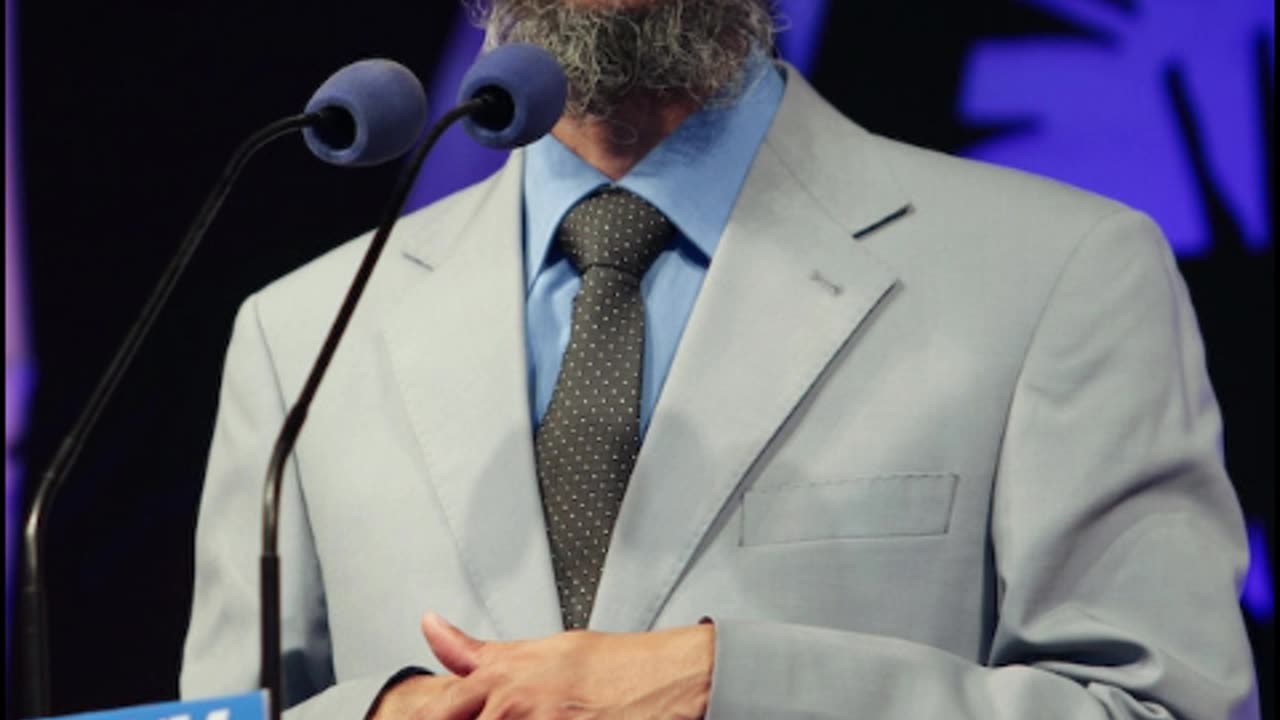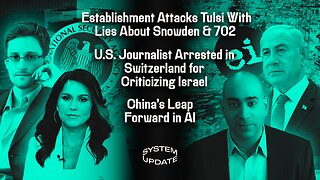Premium Only Content

Analysis of Pakistan's Internal Security Threat to India
https://www.youtube.com/watch?v=2BqDC4onKVY
Briefing Document: Analysis of Pakistan's Internal Security Threat to India
Source: Transcript of a video analyzing Pakistan's evolving strategy to target India's internal security. (Language: Hindi).
Key Theme: The video argues that Pakistan, through a calculated and evolving strategy, aims to destabilize India internally by fostering radicalization and leveraging existing social and political vulnerabilities.
Most Important Ideas/Facts:
Historical Context: The analysis outlines the historical trajectory of Pakistan's involvement with terrorist organizations:
Early Stages (1977-1990s): Focus on Kashmir with groups like Lashkar-e-Taiba (LeT) emerging from the Soviet-Afghan war.
Post 9/11 (2001-2005): Pressure from the US forced Pakistan to shift strategies, leading to the "Karachi Project." This involved training radicalized Indian Muslim youth in Pakistan and infiltrating them back into India.
Rise of Domestic Fronts (2006-2022): This led to the creation of organizations like the Popular Front of India (PFI) and the Indian Mujahideen (IM) which carried out attacks in India. The eventual ban on both organizations pushed radical elements underground.
Current Threat (2023 onwards): Pakistan is employing new tactics:
Exploiting Social Media: Operatives like Farhatullah Ghauri use platforms like Telegram to spread radical content and incite attacks on infrastructure, particularly targeting Indian Railways.
Reintroducing Zakir Naik: Naik, known for his controversial and often radical teachings, has been brought to Pakistan. The video suggests his vast library of radical literature will be weaponized by Pakistan to further fuel radicalization in India.
Important Quotes:
"2005... Karachi Project... Dawood Ibrahim's networks... Muslim youth... Pakistan... training... terrorist attacks."
"2023... Farhatullah Ghauri... Telegram... radical literature... sleeper cells... jihad... attack India's infrastructure."
"Zakir Naik... Peace TV... Islamic Research Foundation... radical books... Pakistan will use this literature... social media... radicalization."
Potential Impact:
Increased Radicalization: Leading to potential violence, social unrest, and communal tensions.
Infrastructure Attacks: Disrupting the economy, impacting livelihoods, and creating fear.
Exploiting Social Faultlines: Leveraging issues like the census, NRC, and CAA to instigate protests and unrest.
Recommendations:
Counter-Narrative: Urgent need to counter radical messaging online with alternative narratives promoting peace and tolerance.
Social Media Monitoring: Enhanced monitoring of social media platforms to identify and neutralize radical content and networks.
Community Engagement: Working with community leaders and organizations to counter radicalization at the grassroots level.
Overall: The video presents a worrying picture of Pakistan's deliberate and evolving strategy to target India's internal security. It highlights the urgent need for India to adapt its counter-terrorism and security apparatus to meet this growing threat.
-
 1:38:57
1:38:57
Glenn Greenwald
6 hours agoWith Tulsi's Hearing this Week, Establishment Attacks her with Lies About Snowden & 702; U.S. Journalist Arrested in Switzerland for Criticizing Israel; China's Leap Forward in AI | SYSTEM UPDATE #397
55.7K74 -
 57:43
57:43
The StoneZONE with Roger Stone
3 hours agoWhat Will The JFK Assassination Files Reveal? | The StoneZONE w/ Roger Stone
19K8 -
 18:24
18:24
Tundra Tactical
6 hours ago $0.36 earnedWhats New With HRT Tactical Gear at SHOT Show 2025
39.8K6 -
 23:27
23:27
Rethinking the Dollar
5 hours agoWealth Protection SECRETS Learned from Wildfires w/ Paul Stone
36.6K4 -
 59:28
59:28
Flyover Conservatives
22 hours agoInsider Reacts to Trump’s 100 Hours: Davos, WHO, Climate Change, DEI… - Alex Newman | FOC Show
17.6K1 -
 1:04:30
1:04:30
Battleground with Sean Parnell
9 hours agoPresident Trump Is Flooding The Zone
104K10 -
 LIVE
LIVE
We Like Shooting
15 hours agoWe Like Shooting 595 (Gun Podcast)
187 watching -
 2:00:28
2:00:28
megimu32
4 hours agoON THE SUBJECT: 90s Toys, Fat Phobia, and Crying Libs!
15.9K2 -
 LIVE
LIVE
Right Side Broadcasting Network
12 hours agoLIVE REPLAY: President Trump Addresses House GOP in Doral, FL - 1/27/25
4,008 watching -
 2:37:19
2:37:19
Robert Gouveia
7 hours agoTrump Addresses House Republicans; Tulsi Confirmation Fight; CIA Lab Leak
48.2K26